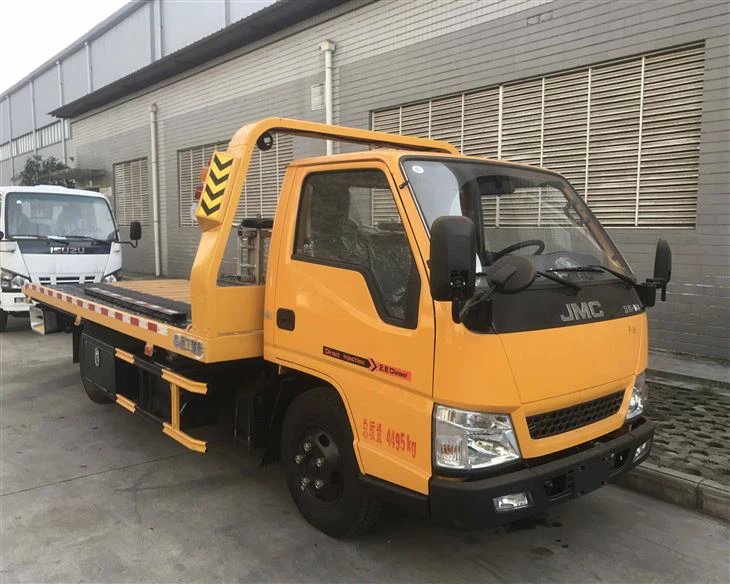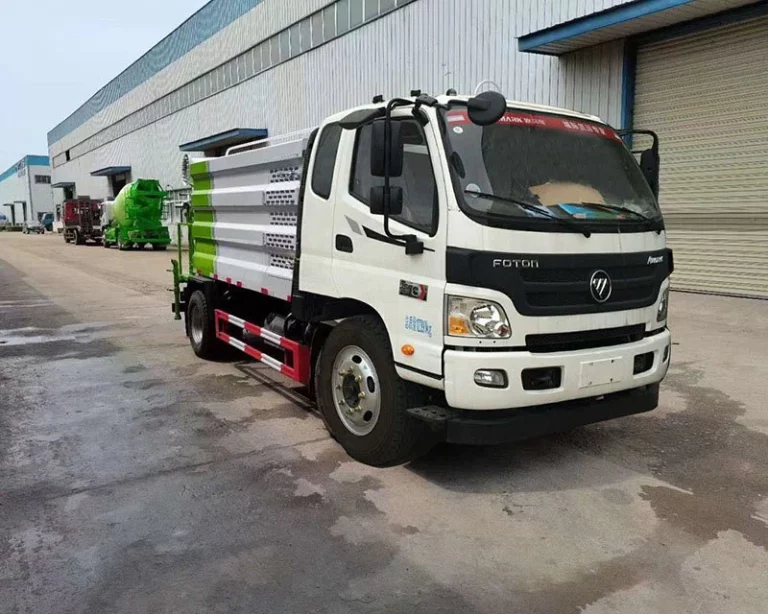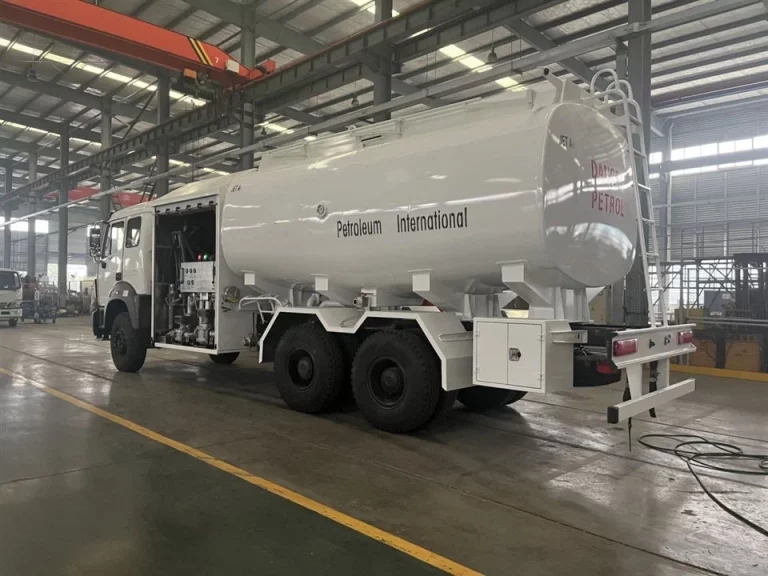Custom roll off trucks have become an indispensable asset across various industries, from construction to waste management. With their versatility, durability, and ability to handle heavy loads, these trucks are tailored to meet the unique needs of different businesses. Whether you’re looking to invest in a custom roll off truck or simply want to learn more about them, this article will cover everything you need to know.
Understanding Custom Roll Off Trucks
Roll off trucks are specially designed vehicles that have a unique mechanism allowing them to easily transport large containers or dumpsters. Customization refers to the ability to modify these trucks to best suit specific operational needs, from size and functionality to appearance.
What Makes Roll Off Trucks Unique?
At their core, roll off trucks are designed for efficiency. They feature a roll-off mechanism that allows the container to be tipped off and rolled away, creating a seamless loading and unloading experience. Here’s a breakdown of their unique features:
- Versatility: Suitable for a variety of industries including construction, landscaping, and waste management.
- Load Capacity: Can carry heavy loads ranging from 10 to 50 cubic yards.
- Durability: Built with robust materials to withstand tough conditions.
- Customization Options: Various options available for containers, chassis, and hydraulic systems.
Types of Roll Off Trucks
Roll off trucks come in various types, each designed for different operations. Below are some of the most common types:
| Type | Description | Ideal Use |
|---|---|---|
| Standard Roll Off Truck | Features a standard chassis with a hydraulic system. | Construction debris and general waste. |
| Residential Roll Off Truck | Smaller, more compact for residential areas. | Home renovation projects. |
| Commercial Roll Off Truck | Designed for larger loads with heavier chassis. | Large construction sites and commercial demolitions. |
Key Components of Custom Roll Off Trucks
Understanding the key components of custom roll off trucks can help you make informed decisions when purchasing or customizing one. Here are the essential parts:
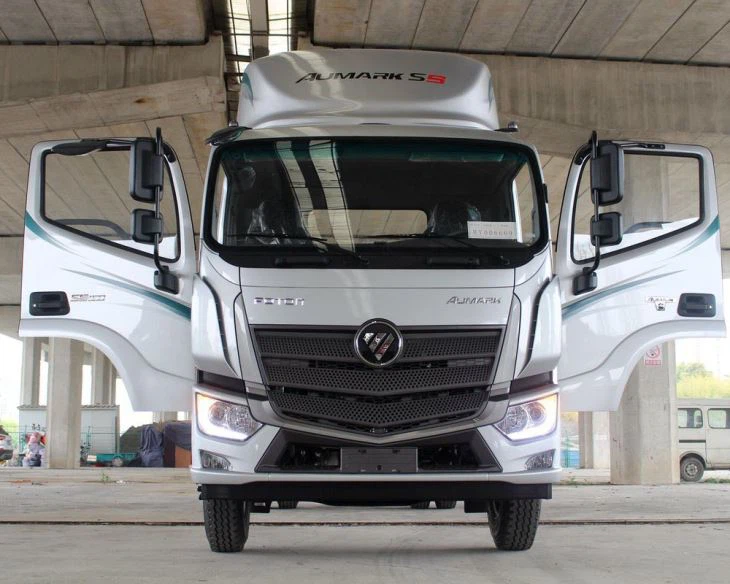
1. Chassis
The chassis serves as the foundation of the roll off truck. It must be robust enough to support heavy loads while providing stability and maneuverability. Considerations include:
- Weight capacity
- Engine performance
- Fuel efficiency
2. Hydraulic System
The hydraulic system is crucial for the operation of the roll-off mechanism. This system controls the lifting and tilting of the containers, so it should be high quality to ensure reliability. Key features to look for include:
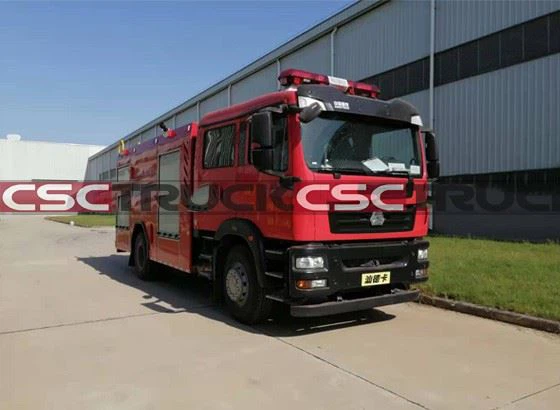
- Hydraulic pump efficiency
- Hydraulic cylinder strength
- Sealing technology to prevent leaks
3. Containers/Dumpsters
The containers that roll off trucks use can be customized in size and shape to accommodate different types of waste or materials. Options can include:
- Standard dumpsters (10, 20, 30, 40 cubic yards)
- Specialized containers for specific materials
- Emergency response containers for hazardous materials
4. Towing Capability
Some roll off trucks are designed with towing capabilities, allowing for additional functionality. This feature can be beneficial for transporting lighter equipment alongside the dumpster.
Benefits of Customizing Your Roll Off Truck
Customizing your roll off truck can provide several advantages tailored to your business needs. Here are the primary benefits:
1. Enhanced Efficiency
Custom modifications can streamline your operations, allowing you to handle loads faster and with greater ease. This can lead to increased productivity and reduced operational costs.
2. Improved Safety
Incorporating safety features such as reinforced sides, backup cameras, and LED lights can greatly enhance the safety of your operators and other road users.
3. Long-Term Cost Savings
Investing in a customized roll off truck upfront might seem costly, but the potential for long-term savings through reduced maintenance and improved fuel efficiency can offset this initial investment.
4. Brand Identity
By customizing the appearance of your truck, including colors, logos, and graphics, you can increase brand visibility, making it more recognizable in the community.
Choosing the Right Manufacturer for Your Custom Roll Off Truck
Selecting a reputable manufacturer is vital to ensure that your custom roll off truck meets all industry standards and your specific needs. Here are tips on how to choose the right manufacturer:
1. Research and Reviews
Look for manufacturers with positive reviews and a strong reputation. Online forums and business review sites can offer insights into customer experiences.
2. Quality of Materials
Inquire about the materials used in the construction of the trucks. High-quality materials promote durability and longevity.
3. Customization Options
Find out how flexible the manufacturer is in terms of customization. Does the manufacturer offer a wide range of options for you to choose from?
4. Compliance and Certification
Verify that the manufacturer complies with all relevant regulations and holds necessary certifications. This ensures that the truck meets safety and environmental standards.
Practical Tips for Maintaining Your Custom Roll Off Truck
1. Regular Inspections
Conduct inspections regularly to check for any signs of wear and tear or potential issues with the hydraulic system.
2. Maintain Oil Levels
Keep an eye on the oil levels in both the engine and hydraulic system. Regular oil changes can enhance performance and prevent breakdowns.
3. Cleanliness
Regularly wash and clean your truck to prevent rust and corrosion, especially in harsh environments or weather conditions.
4. Ensure Brake Functionality
Regularly test and maintain brake functionality for safe operation, especially since roll off trucks often handle heavy loads.
Cost Considerations for Custom Roll Off Trucks
The cost of a custom roll off truck can vary widely based on several factors. Here’s a breakdown of what to consider:
1. Base Price of Truck
The initial base price can depend on the size and model of the truck chosen. Generally, prices can range from $30,000 to $150,000.
2. Customization Costs
Additional features and customizations can lead to a higher total cost. Factors include:
- Specialized containers
- Advanced hydraulic systems
- Branding and appearance modifications
3. Ongoing Maintenance Costs
Factor in ongoing maintenance, including inspections, repairs, and regular service. This plays a significant role in your overall budget.
4. Depreciation
Understand the depreciation schedule of your roll off truck as it will impact total cost over time, especially concerning resale value.
Frequently Asked Questions (FAQs)
1. What is the average lifespan of a roll off truck?
The average lifespan of a roll off truck varies but typically ranges between 10 to 15 years with proper maintenance.
2. How do I decide between buying or leasing a roll off truck?
Consider your operational needs, budget, and long-term plans. Buying offers ownership and potential depreciation benefits, while leasing may provide lower monthly payments and more flexibility.
3. Can I customize a used roll off truck?
Yes, many manufacturers and specialized shops can customize used roll off trucks to fit your operational needs better.
4. Are there regulations for operating roll off trucks?
Yes, operators must comply with local, state, and federal regulations concerning weight limits, safety features, and vehicle inspections.
5. How can I extend the lifespan of my roll-off truck?
Regular maintenance, timely repairs, and avoiding overloading can greatly enhance the lifespan of your roll off truck.
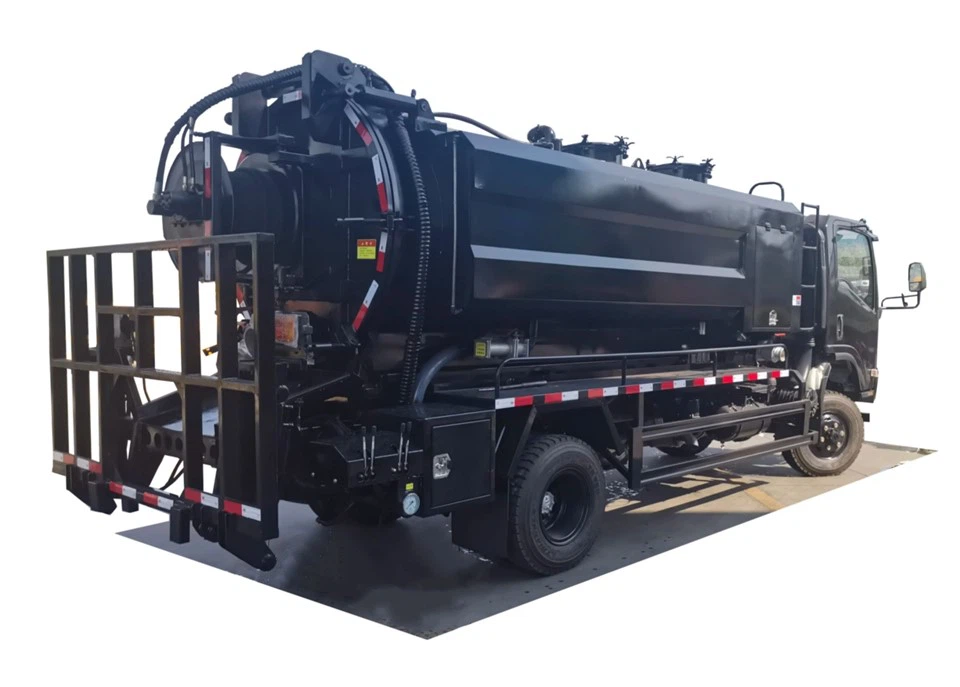
6. What are the best uses for custom roll off trucks?
Custom roll off trucks are ideal for construction sites, demolition projects, homeowners during renovations, and any business needing efficient waste management solutions.
